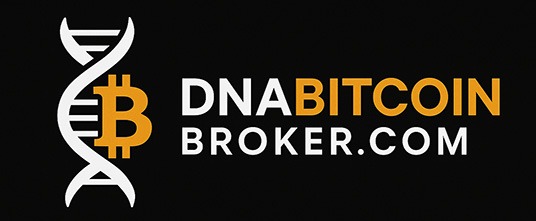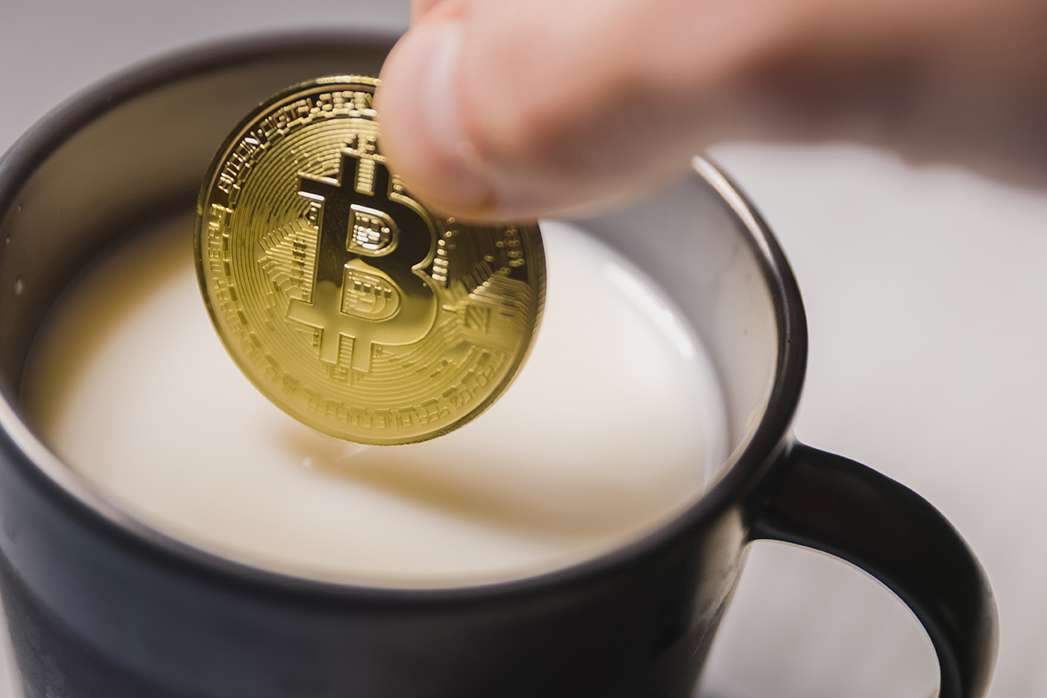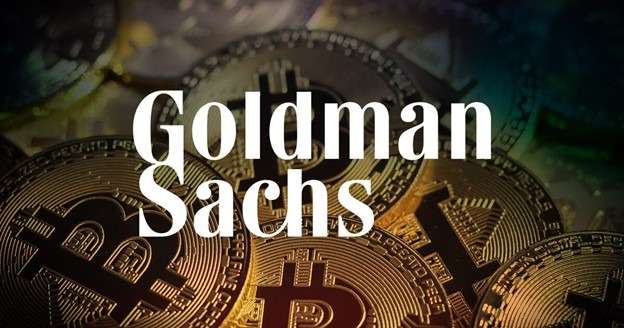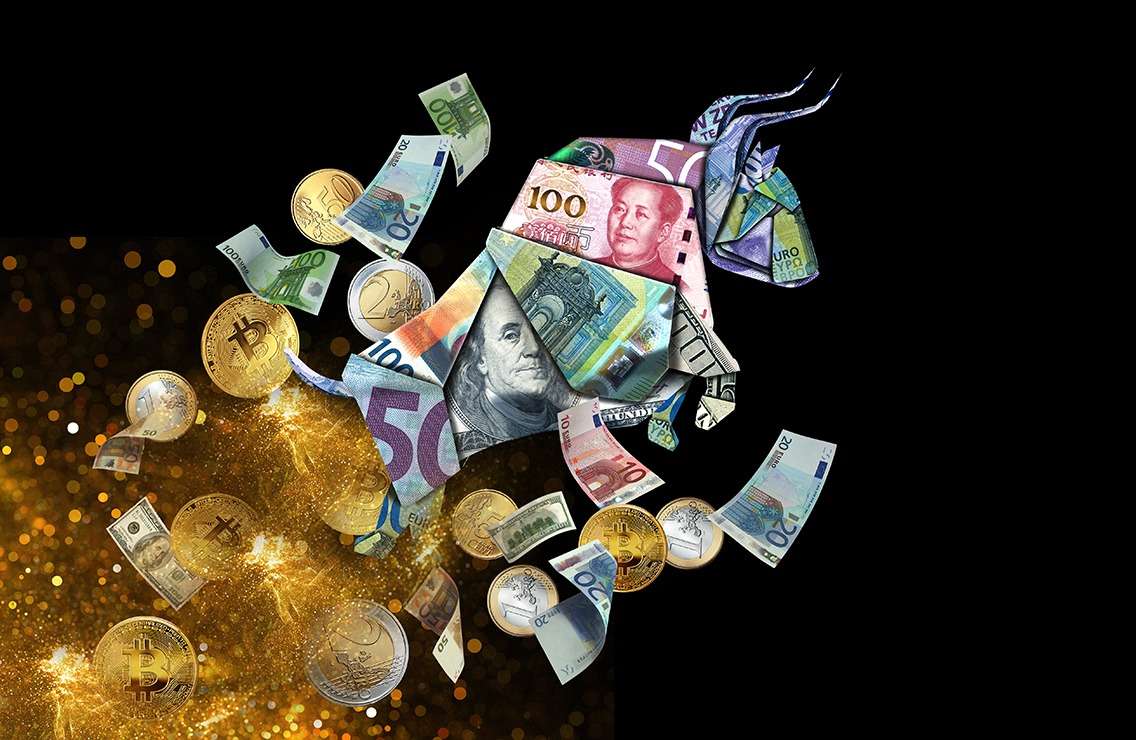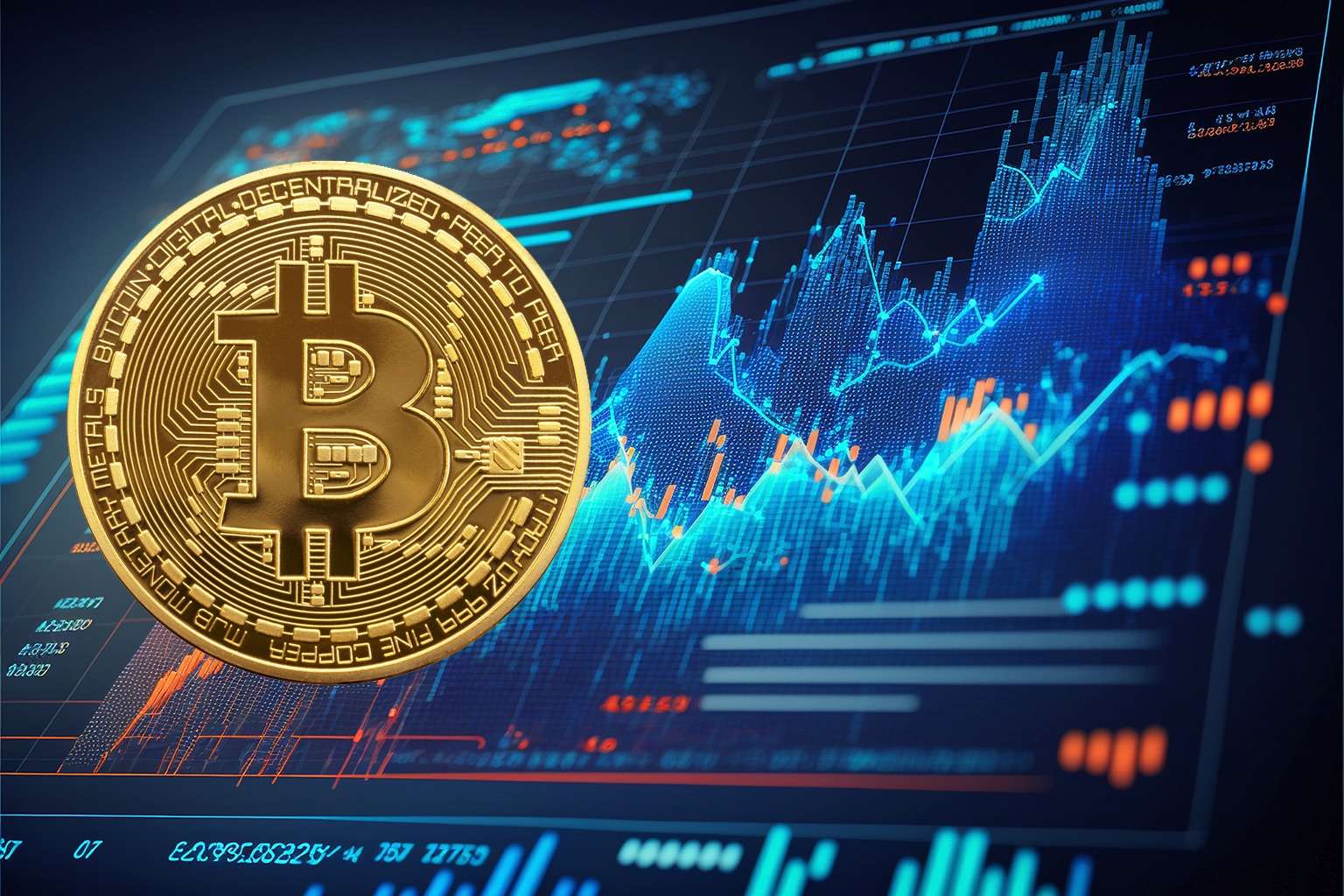Giant Investment bank Goldman Sachs has allowed its clients to borrow cash using Bitcoin as collateral. The Bitcoin-backed loan model was granted using a special lending department within the bank. According to experts, the move could spur greater involvement by the financial sector in the cryptocurrency market.
Typically, large banks’ acceptance of a new asset class is viewed as a significant indicator of industry progress. The launch of over-the-counter bitcoin options is a considerable achievement for Goldman Sachs, which is among the first financial institutions of its kind.
The bank’s spokesperson told CoinDesk that they recently secured a lending facility, which is now used to lend collateralised BTC, with the borrower retaining ownership of the Bitcoin. All these credit procedures are structured in line with the 24/7/365-day risk management guidelines.
What is a Bitcoin Backed Loan?
A Bitcoin-backed loan allows anyone to take advantage of the volatility of the cryptocurrency market by borrowing fiat currencies such as US Dollars, Sterling Pounds, Euros, and more. The loans are initiated by individuals who deposit their BTC into a Cryptopay account as collateral. In exchange, they receive a loan in their desired currency, which they can spend as they please. Backed Loans enable margin lending on the blockchain and exemplify a decentralised financial system built on Ethereum.
Such loans allow borrowers to obtain fiat currency by fronting their Bitcoin (or other cryptocurrency) as collateral, without having to sell.
As Goldman Sachs (GS) continues to lay the groundwork for its highly anticipated entrance into the cryptocurrency market, a new report finds that banking giants are steadily increasing their involvement in virtual assets, with many firms already participating in initial coin offerings (ICOs), buying and selling cryptocurrencies, and exploring the possibility of launching their own crypto products.
BlackRock, the world’s largest asset manager with $10 trillion in assets under management, announced the launch of a blockchain-focused exchange-traded fund (ETF). Under a $ 400 million funding arrangement, the company will also partner with the blockchain company Circle.
Effects of The Giant Investment Bank’s Loaning Actions
Propy, the blockchain real estate platform, announced a partnership with Abra to enable its customers to access home loans using cryptocurrency holdings as collateral. This new feature is included in all real estate purchases on the Propy platform.
Just last month, a new homeowner purchased an apartment in Austin, Texas, via USDC.homes, which is powered by Decentralised Title, Time and Location (DTTL) technology. USDC.homes is a platform where buyers can purchase properties from sellers who use the platform’s DTTL technology. In this case, the seller who sold the property on the USDC.The home’s platform is the previous owner of the apartment.
El Salvador is currently raising funds for its Bitcoin-backed bonds, which aim to raise $1 billion for the development of BTC City and to increase the size of the country’s BTC reserves.
Image Source: Adobe Stock
Disclaimer: This article is provided for informational purposes only. It is not offered or intended to be used as legal, tax, investment, financial, or other advice.
